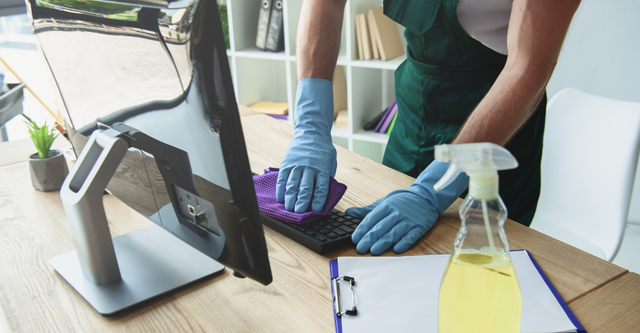Most trailer manufacturers offer custom trailers since buying a trailer is an important decision and the first thing you should know is its compatibility with the tow vehicle, the vehicle that will move the trailer along for your needs. Following are some of the important considerations while choosing a trailer that is compatible with your tow vehicle.
Table of Contents
Determining the use
Trailer manufacturers offer a wide variety of trailers for varying deployment including the ones used for cars and boats as well as trailers used in hauling tools, equipment or other cargo types. For non-standard applications, you can also have custom trailers made to your own specifications. For racing enthusiasts looking to haul vintage vehicles, an enclosed trailer may be necessary to prevent damage to the racing car and protect it from the elements during the course of transit. Another advantage with the enclosed trailer is that even when you are not using the vehicle inside the trailer, it remains completely protected.
For applications like farming, moving gardening pieces of equipment, carpet cleaning equipment etc. you will need to focus on the size, ruggedness, and metal used in the construction of the trailer. Trailers are generally offered in steel as well as aluminium.
Weight of your trailer
Weight of your trailer as well as the size is critical and should be compatible with the two vehicles that you plan to use. The towing capacity of the tow vehicle can be understood from your owner’s manual or by checking with the car dealer. As for the weight of the trailer, 7,000 GVWR and 9,900 GVWR, are the more popular options offered by trailer manufacturers with payload option of 3,500 and 6,000 respectively. Weight of the trailer can also be impacted by the material of construction.
Steel or Aluminium
Steel and Aluminium are the two metals employed by most trailer manufacturers. While both these metals come with specific advantages, they also have their share of disadvantages. In most situations, the price will drive the choice since Aluminium is obviously more expensive and lighter in terms of weight. Steel, on the other hand, is heavier and less expensive. Therefore, if you choose a steel trailer, you will need to factor in the extra weight with the towing capacity of your vehicle. For people planning to haul sophisticated materials or packages, aluminium can be an ideal choice and particularly so, with enclosed trailers. With proper planning, aluminium trailers can even double up as make-shift offices. On the other hand for farming applications or garden maintenance steel can be a better choice since you may need to transport heavy equipment, fertilizer, mulch, farm produce etc. Steel would also need more frequent maintenance since the metal is prone to rust with seasonal impact. But, in most situations, applying one or two coats of appropriate paint will ensure the long life of your steel trailer.
Accessorising
You will also need to focus on certain accessories to enhance the utility of your trailer generally, the accessories will include:-
Additional height: Depending on your needs additional headroom can be useful for accommodating the cargo you plan to load into your trailer. However, you should consider the payload for such trailers and align the same with the capacity of your tow vehicle. Make sure that your rear vision while on public roads as well as stability of the trailer is within safety limits. Due to the additional height and consequent increase in load, the trailer should not be wobbling when you are towing it along.
Finished interiors: Marketing professionals may find finished interiors for closed trailers very useful while participating in conventions or other marketing opportunities. Most people also choose aluminium as the material of construction for this application since the metal is very versatile too. The interior of the trailer can also be customized to suit your needs and adding an air conditioner will make it a portable show-room or office for your business.
Physical inspection
A trailer is a significant investment that is expected to serve your needs for many years. Therefore, this is not buying a decision you want to take merely by looking at online images or speaking over the phone. Take time to visit the dealer’s premises and examine every detail with your naked eyes. This way, you can ensure that your trailer is free from blemishes like dents, scratches and other potential damages that can impact the integrity of your trailer.
Check your driver’s license
Before you embark on buying your trailer, you should also ensure that your driver’s license permits you to tow along a trailer. In many jurisdictions, there are restrictions on the size and weight of the trailer that you can pull along and you should have passed appropriate tests to haul such load.
Conclusion
Towing a trailer is not as simple as you would want to believe. The weight of the trailer and the cargo will have an impact on the tow vehicle and it is important that you understand how this impacts your driving and related safety aspects. Speak to the trailer manufacturers if you have difficulty understanding any of the attributes that can potentially impact your own safety, the safety of the tow vehicle, the trailer and the load on the trailer. Ask for a test drive of your custom trailers to ensure that everything works to your needs and convenience.





